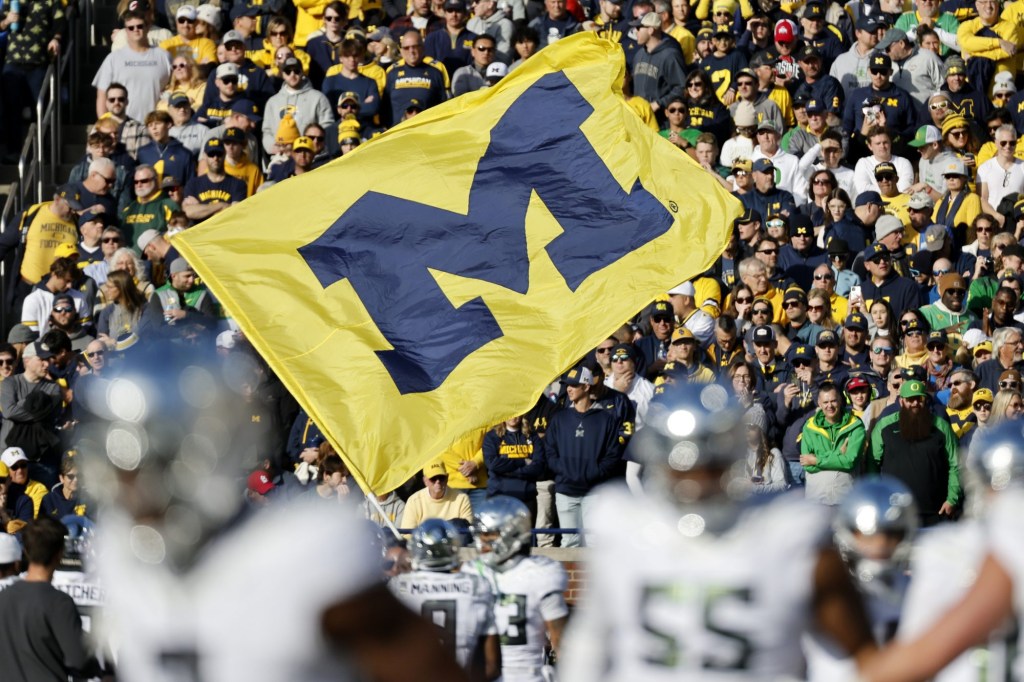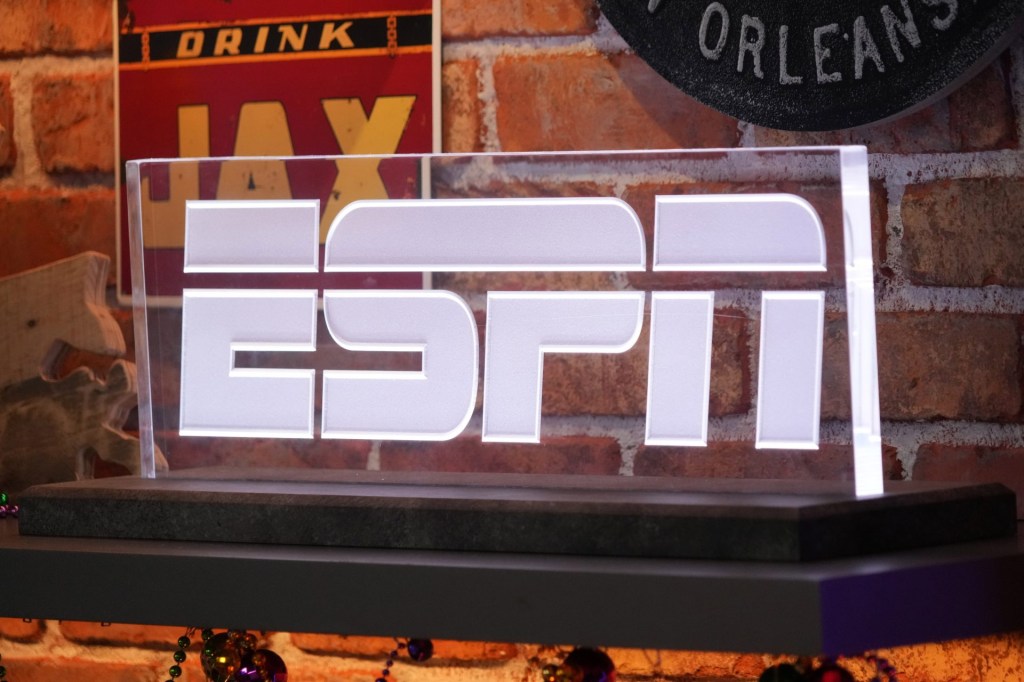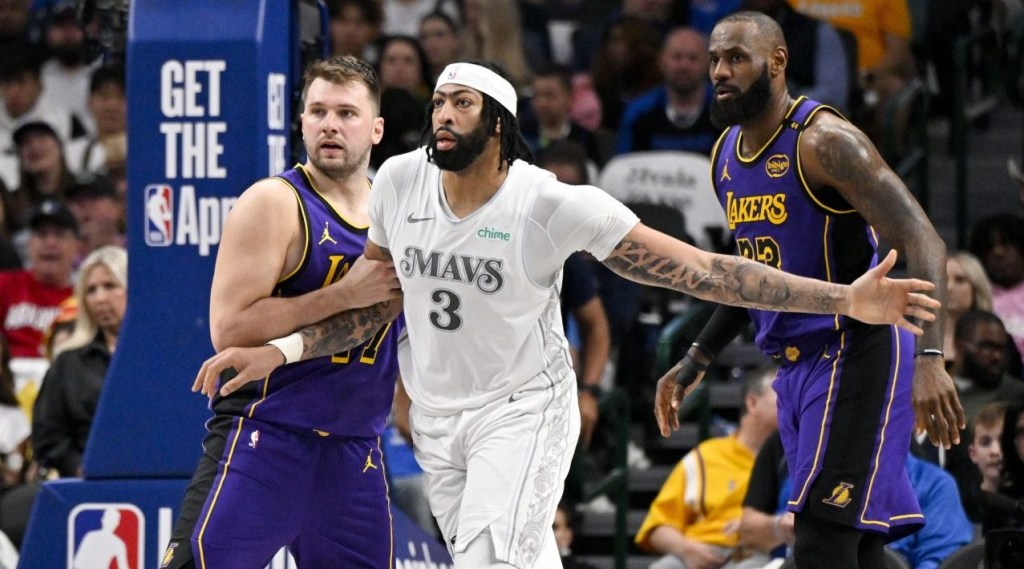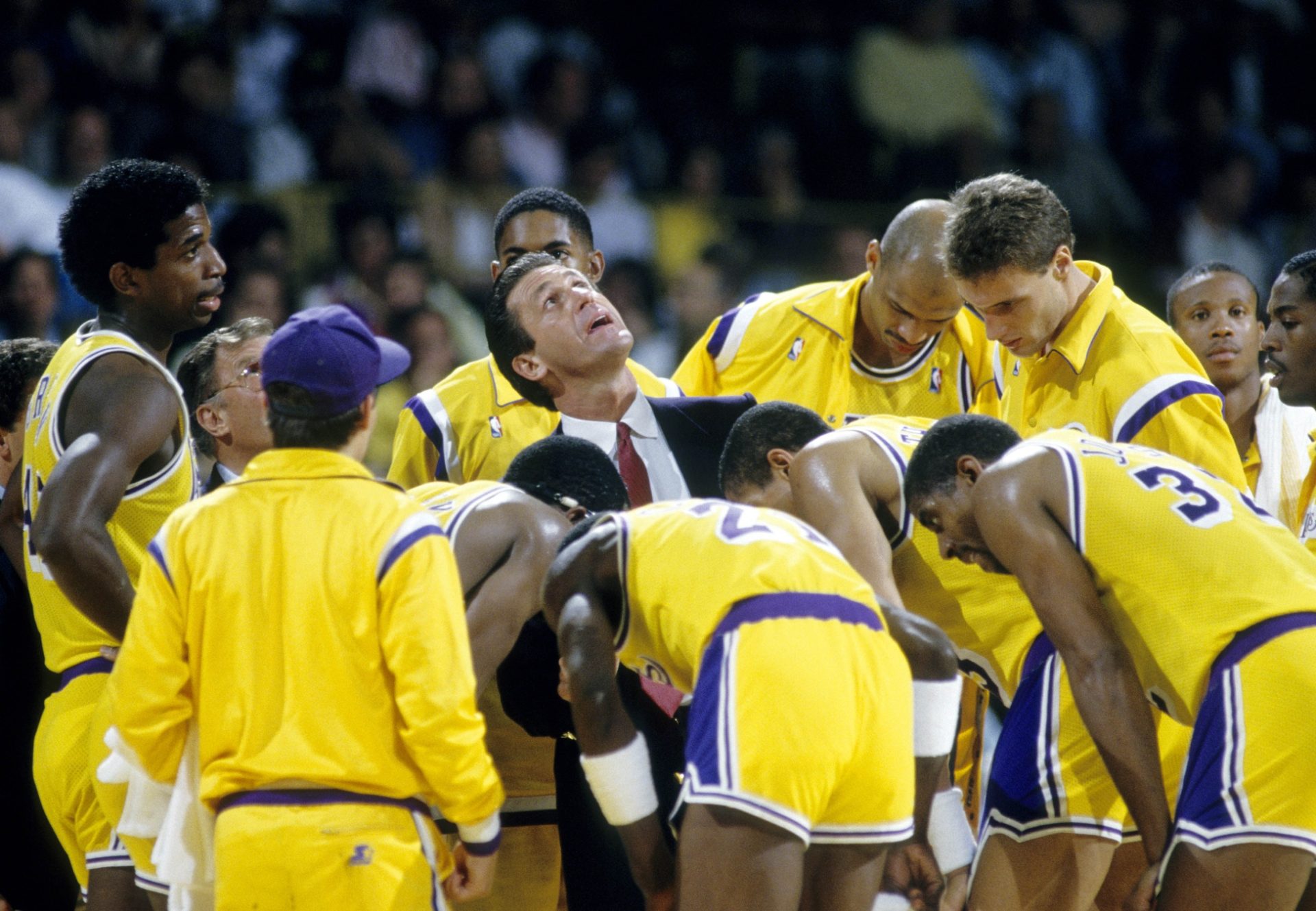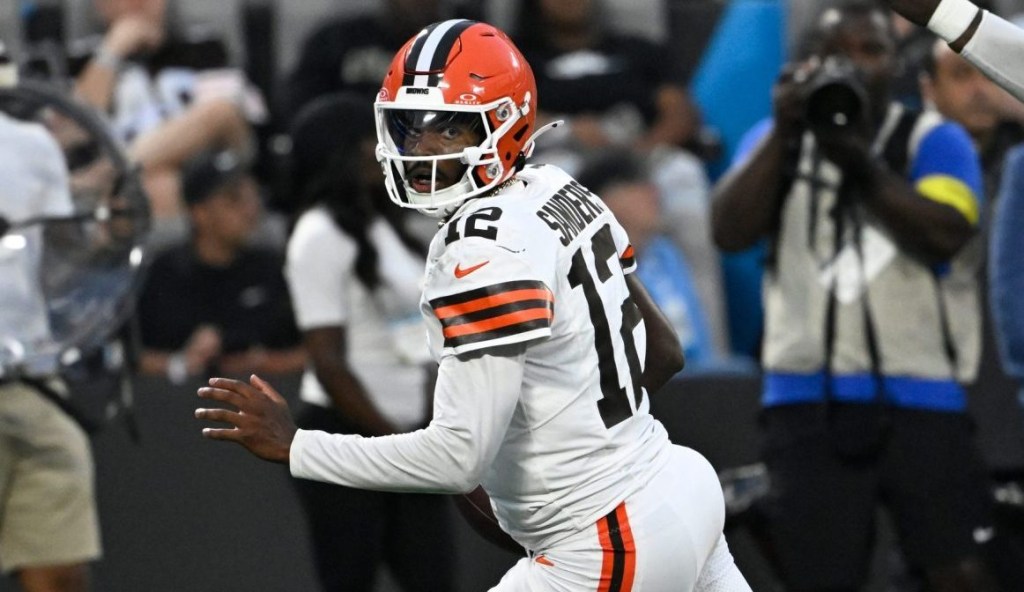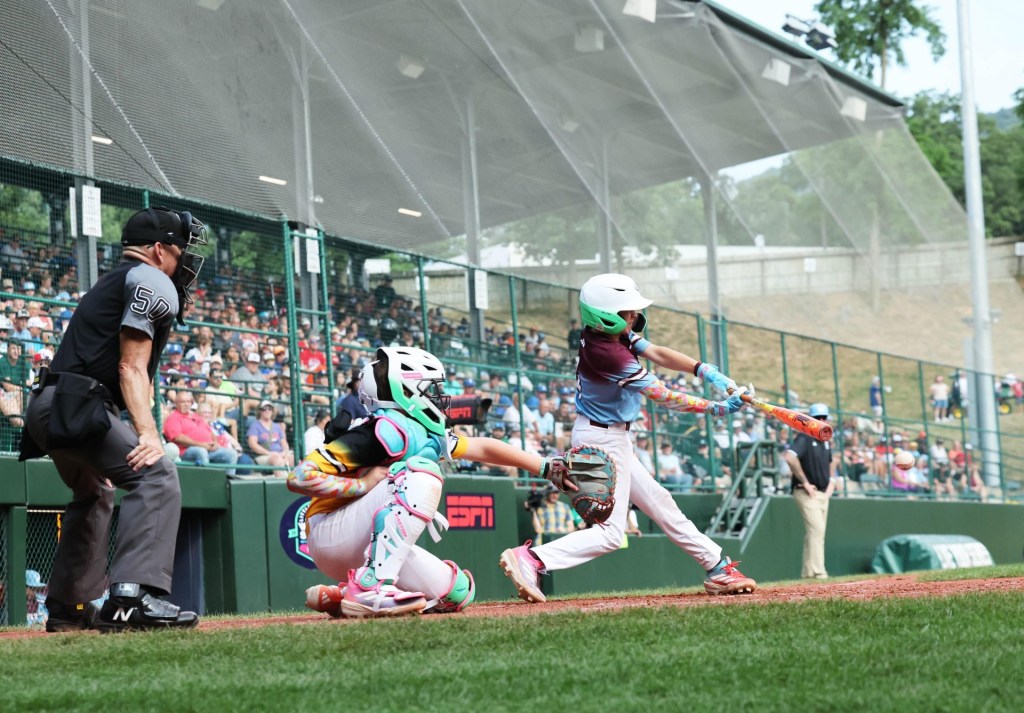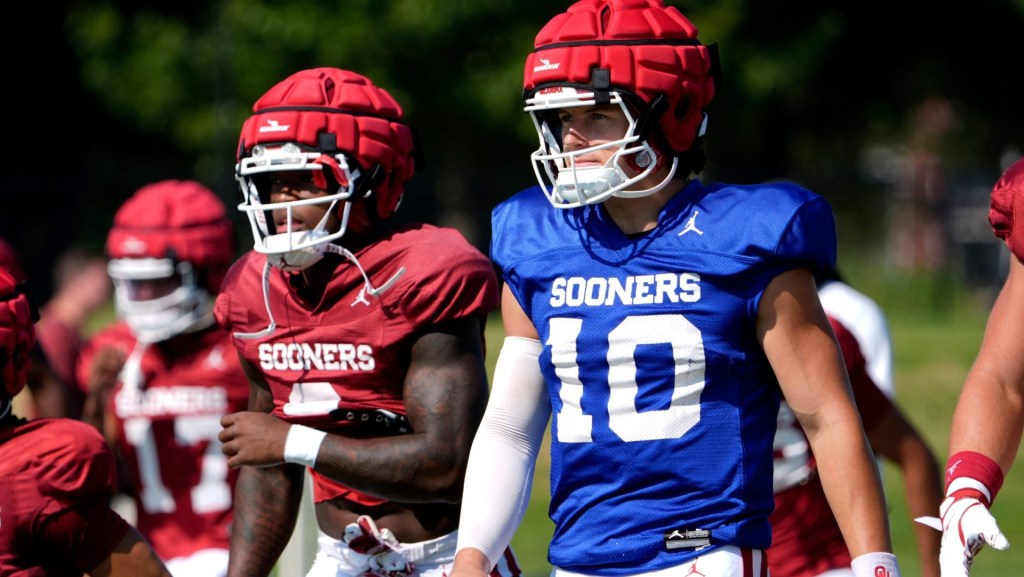On Friday, the NCAA’s Committee on Infractions handed down a historic set of fines worth a minimum of $20 million to the University of Michigan over the sign-stealing scandal that occurred both before and during its 2023 national championship run.
The breakdown: The Wolverines will pay a $50,000 fine, in addition to 10% of the football program budget. They’ve also received a fine that is “an equivalent to the anticipated loss of all postseason competition revenue sharing associated with the 2025 and 2026 football seasons,” and a fine “equivalent to the cost of 10% of the scholarships awarded to the football program for this year.”
The NCAA has put the Wolverines on four years of probation with significant financial penalties. It has also handed head coach Sherrone Moore a two-year show-cause order and a one-game suspension, expected to be served in 2026, in addition to a self-imposed two-week suspension this season. Moore won’t be restricted from athletic activities, however.
Former head coach Jim Harbaugh, currently coaching the NFL’s Los Angeles Chargers, received a 10-year show-cause penalty. The show-cause order will begin in 2028, after Harbaugh’s current four-year show-cause order for recruiting violations during the dead period of the COVID-19 pandemic. During the order, he’ll be restricted from all athletically related activities.
Connor Stalions, the former staff member accused of carrying out the sign-stealing for the Wolverines, received an eight-year show-cause order “restricting him from all athletically related activities during the show-cause period.”
Former assistant football coaches Jesse Minter and Steve Clinkscale received penalties through separate negotiated resolutions.
The Wolverines will not, however, endure a postseason ban. “The panel determined that a postseason ban would unfairly penalize student-athletes for the actions of coaches and staff who are no longer associated with the Michigan football program,” the NCAA said in a statement. “Thus, the panel determined a more appropriate penalty is an offsetting financial penalty instead of a two-year postseason ban.”
The investigation found that during the 2021, 2022, and 2023 seasons, Stalions “directed and arranged for individuals to conduct off-campus, in-person scouting of Michigan’s future regular-season opponents” by purchasing tens of thousands of dollars in tickets and distributing them to people who would film “signal callers” on the future opponents’ sidelines and then give the footage to Stalions. They received not only tickets, but phones from Stalions to film, as well as a how-to document called “How to Steal Signs.” The network of interns, staff members, and “acquaintances” was dubbed the “KGB.”
The NCAA COI also detailed the refusal to cooperate with the investigation on the part of multiple Michigan staffers—an infraction the governing body takes very seriously. Stalions admitted to the NCAA that, in order to conceal evidence, he had thrown his phone in a pond. He also threw some of the film in a pond, according to a recorded phone call. Moore deleted text messages with Stalions from his phone. The NCAA’s report said Stalions’s participation in a Netflix documentary on the scandal threatened “integrity of the process and the people involved in it,” and therefore constituted another cooperation violation.
“Through the scheme, Stalions collected, deciphered and documented thousands of signals for use by other staff members,” the NCAA said. “Record materials demonstrated that Stalions had access to prominent coaching staff members, who he stood next to during football games. Once information became public, Stalions also went to significant lengths to attempt to conceal his efforts. Those actions are accounted for by his failure to cooperate violations.”
The NCAA also found “unrelated recruiting violations” that were assessed during the investigation and as part of these penalties.

